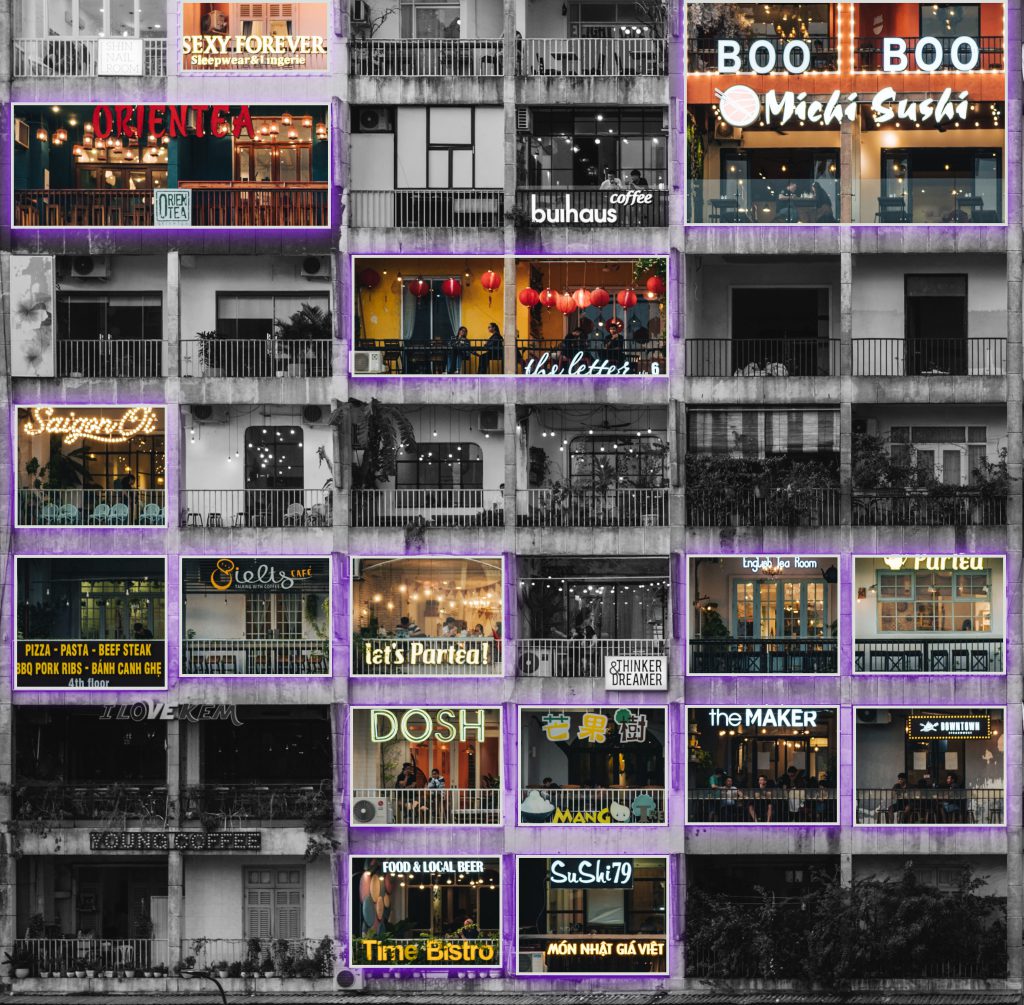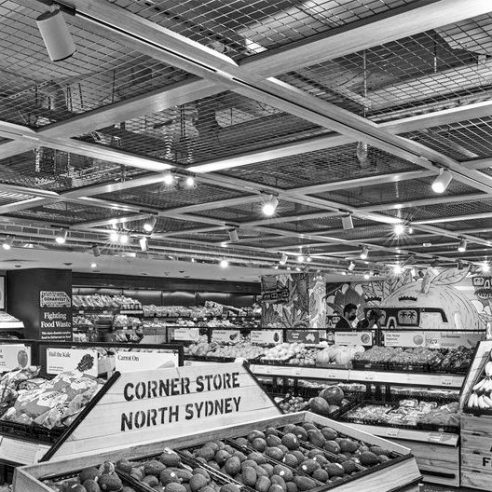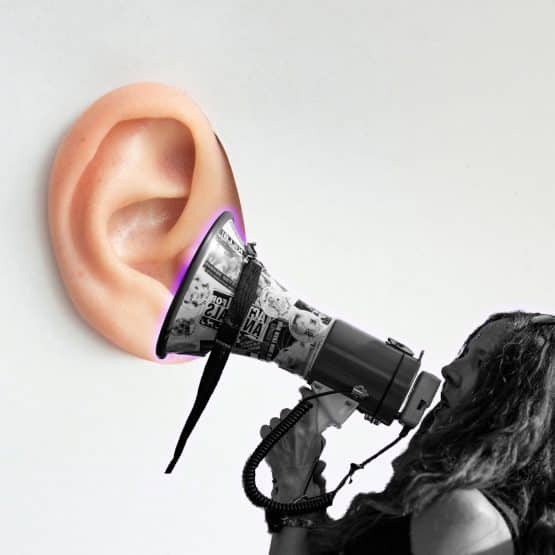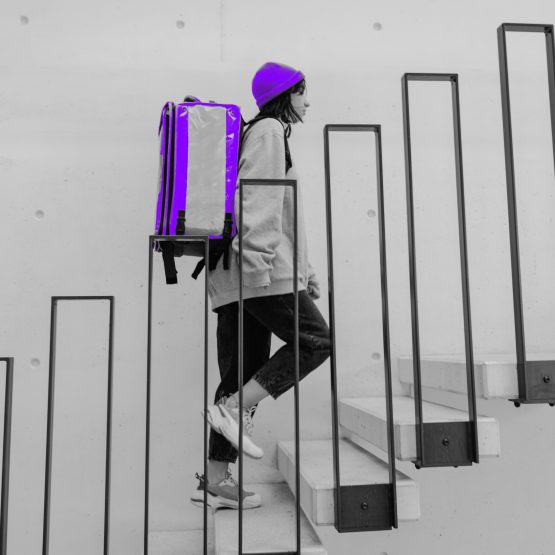Case
ALDI
The German supermarket chain ALDI is testing ‘corner stores’. Instead of their known discounter assortment these smaller store formats offer poducts such as sushi, freshly pressed orange juice and barista coffee. The first store following this concept was opened in Syndney. To fit its urban target customer it was designed in collaboration with local artists, used industrial materials and employs self-scanning checkout.
Interested in more inspiring cases?
Check out our published editions to dive deeper into the spheres of Reframing Retail.





